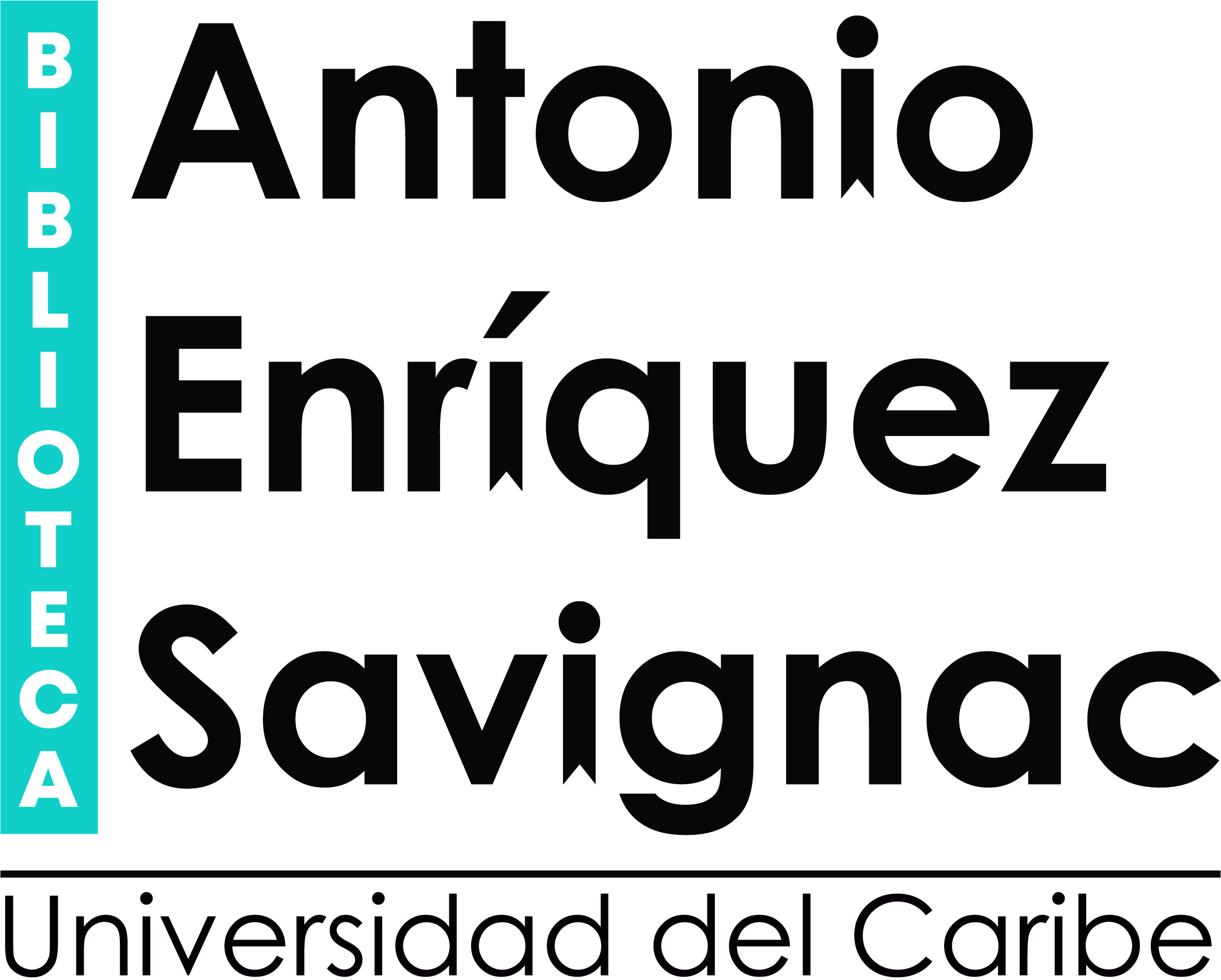Indigenous dispossession : housing and Maya indebtedness in México / M. Bianet Castellanos.
Tipo de material: TextoIdioma: Inglés Editor: Stanford, California : Distribuidor: Stanford University Press, Fecha de copyright: ©2021Edición: Primera ediciónDescripción: xiii, 172 páginas : ilustraciones, mapas ; 24 x 15 cmTipo de contenido:
TextoIdioma: Inglés Editor: Stanford, California : Distribuidor: Stanford University Press, Fecha de copyright: ©2021Edición: Primera ediciónDescripción: xiii, 172 páginas : ilustraciones, mapas ; 24 x 15 cmTipo de contenido: - texto
- sin medio
- volume
- 9781503603288
- 9781503614345
- F 1435.3.H58 C37 2021
| Tipo de ítem | Biblioteca actual | Biblioteca de origen | Colección | Signatura topográfica | Copia número | Estado | Notas | Fecha de vencimiento | Código de barras | Reserva de ítems | |
|---|---|---|---|---|---|---|---|---|---|---|---|
 Libros para consulta en sala
Libros para consulta en sala
|
Biblioteca Antonio Enriquez Savignac | Biblioteca Antonio Enriquez Savignac | COLECCIÓN RESERVA | F 1435.3.H58 C37 2021 (Navegar estantería(Abre debajo)) | Ejem. 1 | No para préstamo (Préstamo interno) | Desarrollo Humano | 043178 |
Navegando Biblioteca Antonio Enriquez Savignac estanterías, Colección: COLECCIÓN RESERVA Cerrar el navegador de estanterías (Oculta el navegador de estanterías)
| No hay imagen de cubierta disponible | No hay imagen de cubierta disponible | |||||||
| F 1435 .3 .F7 B19 2009 Balts´am I / | F 1435 .3 .F7 B624 2012 Bix u k'a'abetkuunsa'al ixi'im = Cómo se usa el maíz / | F 1435 .3 .F7 S11 2012 Del sabucán del abuelo / | F 1435.3.H58 C37 2021 Indigenous dispossession : housing and Maya indebtedness in México / | F 1435 .3 K55 1999 Una selva de reyes : la asombrosa historia de los antiguos mayas / | F1435.3M35 B2759 2004 Tsik : principios de numerología Maya / | F 1435 .3 .P7 S9493 Conversaciones inconclusas : Mayas y extranjeros entre dos guerras / |
Incluye bibliografía y referencias (pág.. 143-159).
1.Before housing reform: the gendering of urban property -- 2.Promoting housing reform: debt as patrimony -- 3.After housing reform: credit as the new frontier --4.Foreclosure: waiting out the state -- Eviction: invoking indigenous resistance -- 5.Epilogue: a cautionary tale of indebtedness.
Following the recent global housing boom, tract housing development became a billion-dollar industry in Mexico. And at the national level, neoliberal housing policy has overtaken debates around land reform. For Indigenous peoples, access to affordable housing remains crucial to alleviating poverty. But as palapas, traditional thatch and wood houses, are replaced by tract houses in the Yucatán Peninsula, Indigenous peoples' relationship to land, urbanism, and finance is similarly transformed, revealing a legacy of debt and dispossession. "Indigenous Dispossession" examines how Maya families grapple with the ramifications of neoliberal housing policies. M. Bianet Castellanos relates Maya migrants' experiences with housing and mortgage finance in Cancún, one of Mexico's fastest growing cities. Their struggle to own homes reveals colonial and settler colonial structures that underpin the city's economy, built environment, and racial order. But even as Maya people contend with predatory lending practices and foreclosure, they cultivate strategies of resistance-from "waiting out" the state, to demanding Indigenous rights in urban centers. As Castellanos argues, it is through these maneuvers that Maya migrants forge a new vision of Indigenous urbanism" Provided by publisher.

